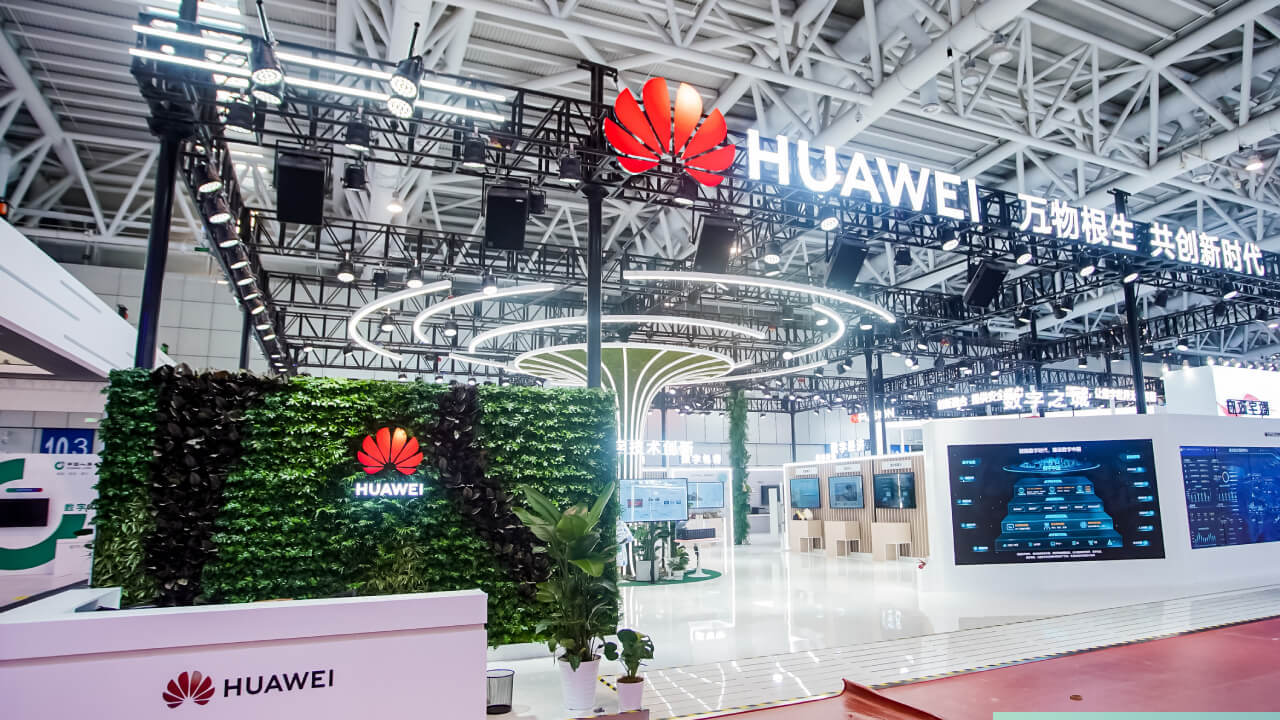
(JW Insights) Apr 28 -- Both China and Huawei are proving resilient and making breakthroughs in face of hostility, commented Andy Mok, a senior research fellow at the Center for China and Globalization, a think tank based in Beijing. His commentary was published in Nikkei Asia on April 27. More excerpts from it:

Huawei’s ability to not only persevere since being placed in 2019 on the U.S. Commerce Department's Entity List but to thrive in the face of unrelenting hostility is an inspirational achievement worth appreciating.
Moreover, Huawei's resilience in the face of this challenge has broader significance as a possible harbinger for the future of China, as the U.S. increasingly widens the scope of its restrictions on normal trade and exchanges.
Crucial to Huawei's survival was the early recognition of the possible threat it faced as a target of American rage. This led it to develop appropriate contingency plans such as identifying alternative suppliers, redesigning products so they were devoid of American components, and preparing as much as possible to be more self-sufficient.
Since being sanctioned, these measures have accelerated. In addition, Huawei has launched new business lines, such as autonomous vehicles and cloud computing, that are not as directly affected by sanctions as its traditional telecommunications equipment and mobile phone operations. It has also diversified geographically to markets less susceptible to American threats and arm-twisting, particularly in Africa, the Middle East and Southeast Asia.
These strategies have borne fruit. Last month, Eric Xu, the company's rotating co-chair, and Meng Wenzhou, the chief financial officer previously indicted in the U.S., reported that revenues from the company's enterprise division rose 30% last year, helping lift overall sales by 0.9% to RMB642.3 billion ($93.1 billion).
Huawei has thus shown that it can adapt to the new geopolitical environment it has been thrown into, and as it rebuilds legacy businesses cleansed of American components and technologies, these operations may enjoy even greater long-term competitiveness.
Ironically then, American efforts to strangle Huawei may lead to it becoming even more central to the world's digital future as it leverages its capabilities to take leading positions in new markets such as artificial intelligence, cloud computing and autonomous vehicles while clawing back lost ground in smartphones and networking equipment. American companies, workers and investors this time will not share in the benefits of Huawei's achievements.
Huawei's strategies for planning for and responding to American sanctions parallel how China has prepared for greater American hostility and responded to actual U.S. attacks in recent years.
Space exploration and diplomacy are among the areas where China has shown resilience to match that of Huawei. Both also illustrate what may be the ultimate result of indiscriminate American hostility toward China's rise, said the Nikkei Asia report.
While China has continually sought collaboration with any country dedicated to the peaceful exploration of space, Washington broke off all cooperation after the U.S. Congress passed legislation in 2011 prohibiting NASA and the White House Office of Science and Technology Policy from engaging in bilateral agreements or coordinating with Beijing on space activities.
Given no choice, China accelerated space exploration efforts on its own. The results of its efforts have surprised many, with achievements such as the Tiangong modular space station designed for long-term human habitation and research, the Chang'e Lunar Exploration Program, which has included the first soft landing on the far side of the moon, and the Tianwen-1 mission which successfully reached Mars orbit.
Similarly, the U.S. has worked to isolate and contain China diplomatically, seeking to form coalitions to limit the growth of Beijing's global power, said the Nikkei Asia report.
China, though, has not been deterred and Washington's campaign has likely spurred it on new breakthroughs. Last year, for example, Beijing signed a new security agreement with the Solomon Islands, deepened and strengthened its strategic partnership with Russia, established a 25-year, $400 billion investment agreement with Iran, and held its first summit with Gulf and Arab leaders, laying the groundwork for more yuan-denominated energy sales.
More recently, Beijing has brokered a rapprochement between Saudi Arabia and Iran and offered a Ukraine peace plan that balances the security interests of each party to the conflict, said the Nikkei Asia report.
China, then, is proving just as resilient as Huawei in the face of concerted American pressure. This should send a powerful message about China's ability to chart a path forward guided by a distinct set of civilizational values and its own vision for a safer and more harmonious world.
(Li PP)
RELATED
-
Apple’s Chinese supplier Luxshare Precision gives up $330 million investment in India
11-20 17:28 -
European Commission President von der Leyen will visit China in wake of the EU’s ongoing probe into China’s subsidies on EV industries
11-20 16:59 -
China’s tech giant Alibaba terminates the plan to spin off of its cloud business in wake of tightened US chip export controls
11-17 15:36
READ MOST

No Data Yet~







